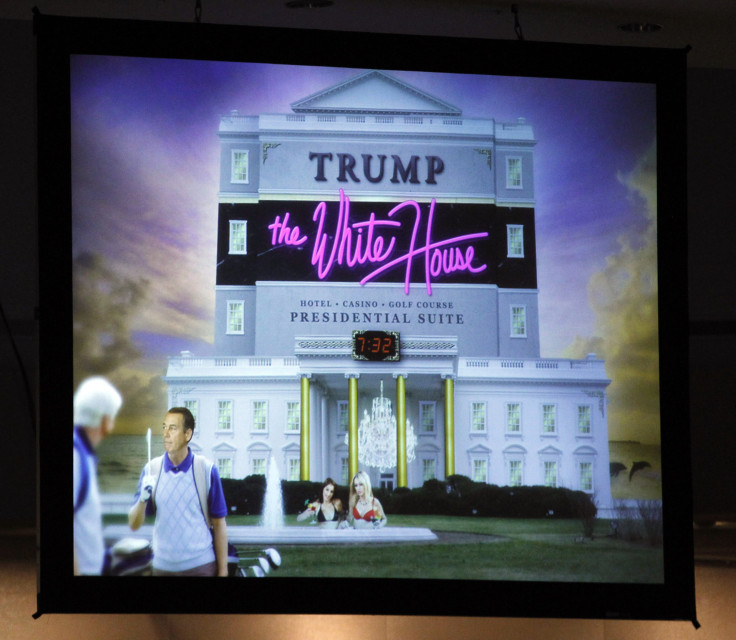
Barack Obama is pulling out all the stops to get immigrants eligible for U.S. citizenship to vote this year. His administration has promoted a massive outreach program. Obama’s citizenship blitz has included everything from spokesperson and baseball legend Fernando Valenzuela, to $10 million in state and local grants to a move to allow immigrants to pay for naturalization fees with credit cards. Immigrants who apply for naturalization -- the process to become a citizen -- gain limited benefits compared to their status quo as permanent residents.
The impulse to upgrade from a green card to a voting card regularly erupts during elections, according to the New York Times. But 2016 could see a record-breaking citizenship applications. The spike may be fueled by the Obama administration efforts, disdain for Trump, or both. Anecdotal reports indicate that it's a mix. Trump’s disparaging remarks aimed at immigrants, particularly Mexicans have riled a traditionally apathetic Latino voting base. Some have dubbed it the “Trump effect.” Is an election -- and opposition to Donald Trump -- enough to fuel a historic naturalization effort?
As permanent residents (green card holders), immigrants can already work and live in the U.S. Every ten years, they must pay $450 fee to renew their green cards. The path to citizenship can be intimidating. Applicants must prove English proficiency, and pass a history and literacy test. Citizenship and English are often available for free, but they take time and effort. Immigrants applying for citizenship receive few tangible or immediate benefits, though their job prospects statistically fare better after naturalization.
There other advantages, too. Not only can citizens vote, but they are ensured that they can never be deported due to a criminal violation or future changes in U.S. immigration policy. Immigrants also save money in the long run by shelling out for a one-time $680 naturalization application. Will those advantages, plus anger over Trump, help Obama push a swell of citizenships and capture new voters in the fall election?
Hortensia Villegas, a Mexican immigrant attending a citizenship workshop in Colorado over the weekend, put it like this to Julia Preston of the New York Times.
“I want to vote so Donald Trump won’t win,” Villegas said.
© 2025 Latin Times. All rights reserved. Do not reproduce without permission.



